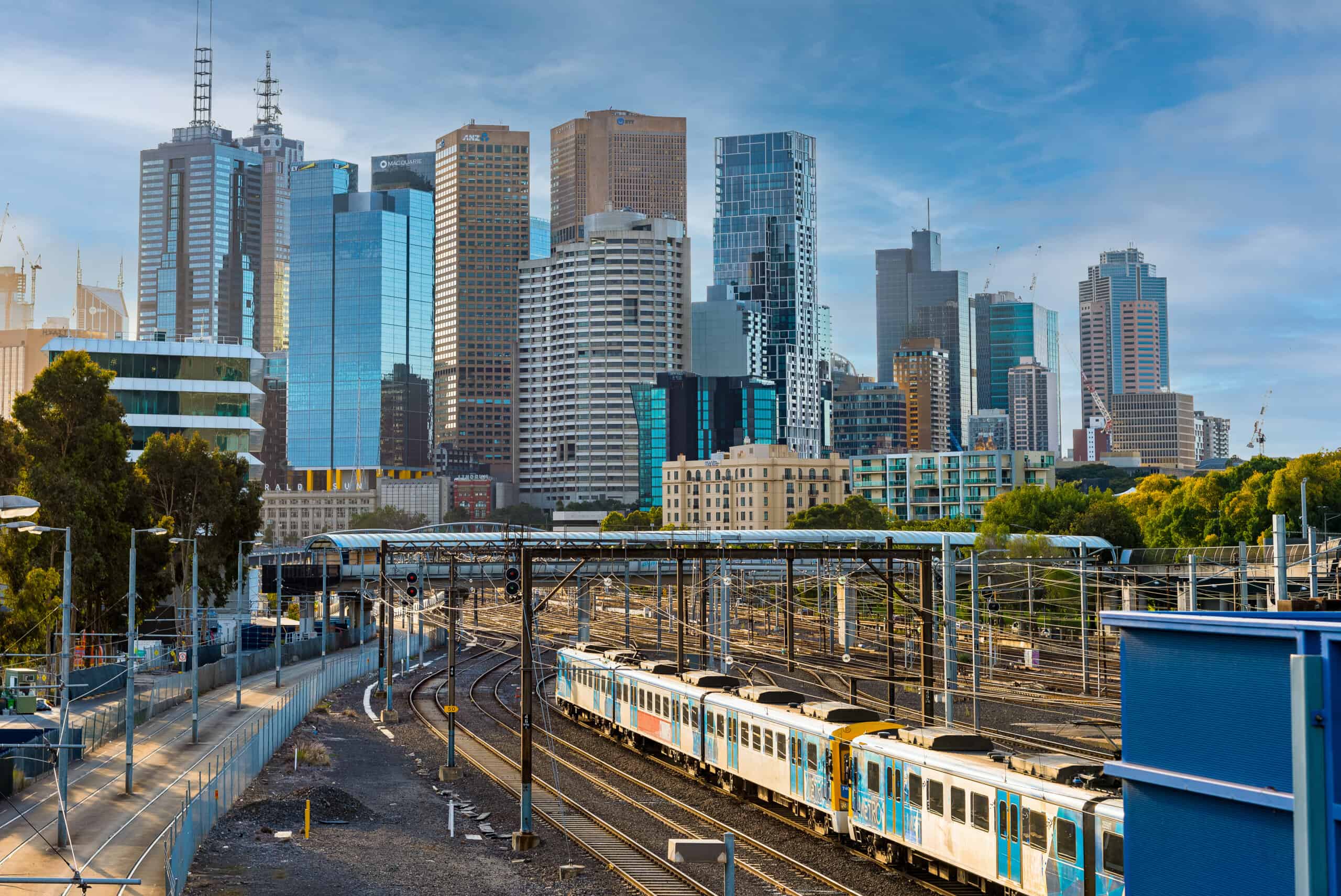
The challenges we face regarding access to food have evolved drastically from the occasional inconsistency of hunting and gathering to the laborious hours needed to maintain a farm to the modern-day hassle of finding time to go to the grocery store or get your food delivered to your door. Thanks to modern energy and revolutionary technological advances such as those that brought us the refrigerator, artificial preservatives, and genetically engineered or GMO crops, humanity has successfully created an international food system where people can happily indulge in their favorite meals from a comfortable distance, far from the source of the fruits, vegetables, meats, and grains that end up on their table.
While this system has become the standard for many people around the globe, not all is well in the food industry. According to the United Nations, an estimated 17 percent of total food production goes to waste internationally. 11 percent of this statistic is from households alone. At the same time, a modern global food crisis has left millions wondering where their next meal might come from. With our access to modern-day energy and technology, there is no reason for us to let modern-day food scarcity run wild. A drastic change is needed to ensure a healthy future. Thankfully, there is room for improvement and demand for innovation. Battling food waste is the first step.
In Melbourne, Australia, the Food Organics and Garden Organics (FOGO) collection service is taking a stab at finding innovative solutions to the food crisis by offering its services to residential high-rise buildings of six stories or greater. This 12-month pilot is designed to cater to the individual needs of each residential building and aims to reduce waste in these buildings by installing compost bins that residents can use to put their food waste to good use.
With nearly 80 percent of Melbourne residents living in high-rise buildings, this project has the potential to provide Australians the opportunity to participate in a more sustainable, healthy lifestyle.
In hopes of encouraging people to grow their own produce, residents will even be permitted to take some of the soil created in the compost to feed their own gardens. But the positive impact does not stop there. This pilot project will also support the city's circular economy by producing high-quality compost that can be used throughout the city's parks and gardens, helping to improve the health and prosperity of the community's green spaces while teaching residents the power of sustainable practices that contribute to the community.
In the presence of a food, water, and plastic epidemic, creative ideas that encourage and allow people to make more sustainable decisions are critical. Innovative food production systems that increase efficiency and reduce waste are necessary to make a lasting difference. At Resourcefulness, we aim to propel change by educating the public on energy, water, and introducing people to innovative solutions such as this one to help battle the current crises that threaten the future prosperity of our planet. For more stories of how communities are helping the environment from home, how to create more sustainable habits, energy resources, and more, visit Smart Energy Education and Watt Watchers to learn more, and remember to follow us on Facebook.
We'd love to help answer any questions and help you get started! Drop us a line and we'll get back to you as soon as we can.
Watt Watchers of Texas
204 E. Dean Keeton Street, Austin, Texas 78712
contact@watt-watchers.com
Nos encantaría contestarle cualquier pregunta que tenga y ayudarle empezar! Envíenos un mensaje y nos pondremos en contacto con usted lo antes posible.
Watt Watchers de Texas
204 E. Dean Keeton Street, Austin, Texas 78712
contact@watt-watchers.com